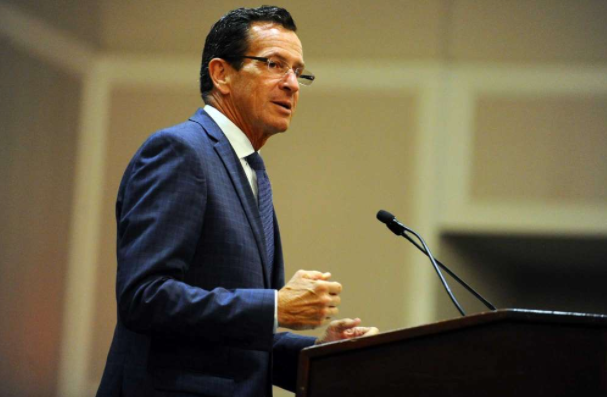Anay Simunovic ’18
As a result of an increased amount of computer hacking in the public and private sectors of the government, Governor Daniel P. Malloy appointed Arthur H. House
as the state’s first cybersecurity czar on October 12 2016.
“Cyber security is going to be one of the biggest societal concerns of the coming decade,” said A.P. environmental teacher Michael Aitkenhead.
According to a statement made by Malloy, it is clear that he is in agreement with the assertion that, “As technology expands into every segment of our lives and creates greater convenience and ease, it also brings a new set of challenges and risks, and that includes essential functions such as our public utility systems.”
The issue of cyber security has become increasingly apparent within the world of politics. For example, there has been an abundant amount of controversy concerning democratic presidential candidate, Hillary Clinton, and her personal emails.
The Clinton email scandal refers to a predicament in which classified information was sent through Clinton’s private email.
Furthermore, cyber security is related to the fundamental principle of liberty.
Donovan Ross ’18 further establishes this statement, “The preservation of liberty is a concept clearly mentioned within America’s founding documents,” said Ross. “Cyber security is important in order to ensure that the ideals established within the constitution are upheld.”
Today, Americans live in a society that is becoming increasingly technological. Thus, governmental positions, such as that of a cybersecurity czar, work to protect the American public while at the same time ensuring fundamental principles such as privacy and liberty are upheld.
“I strongly believe that a governmental position of a cyber security czar is necessary within our community today because we need someone to protect us from the imminent dangers of technology,” said Ross.













































